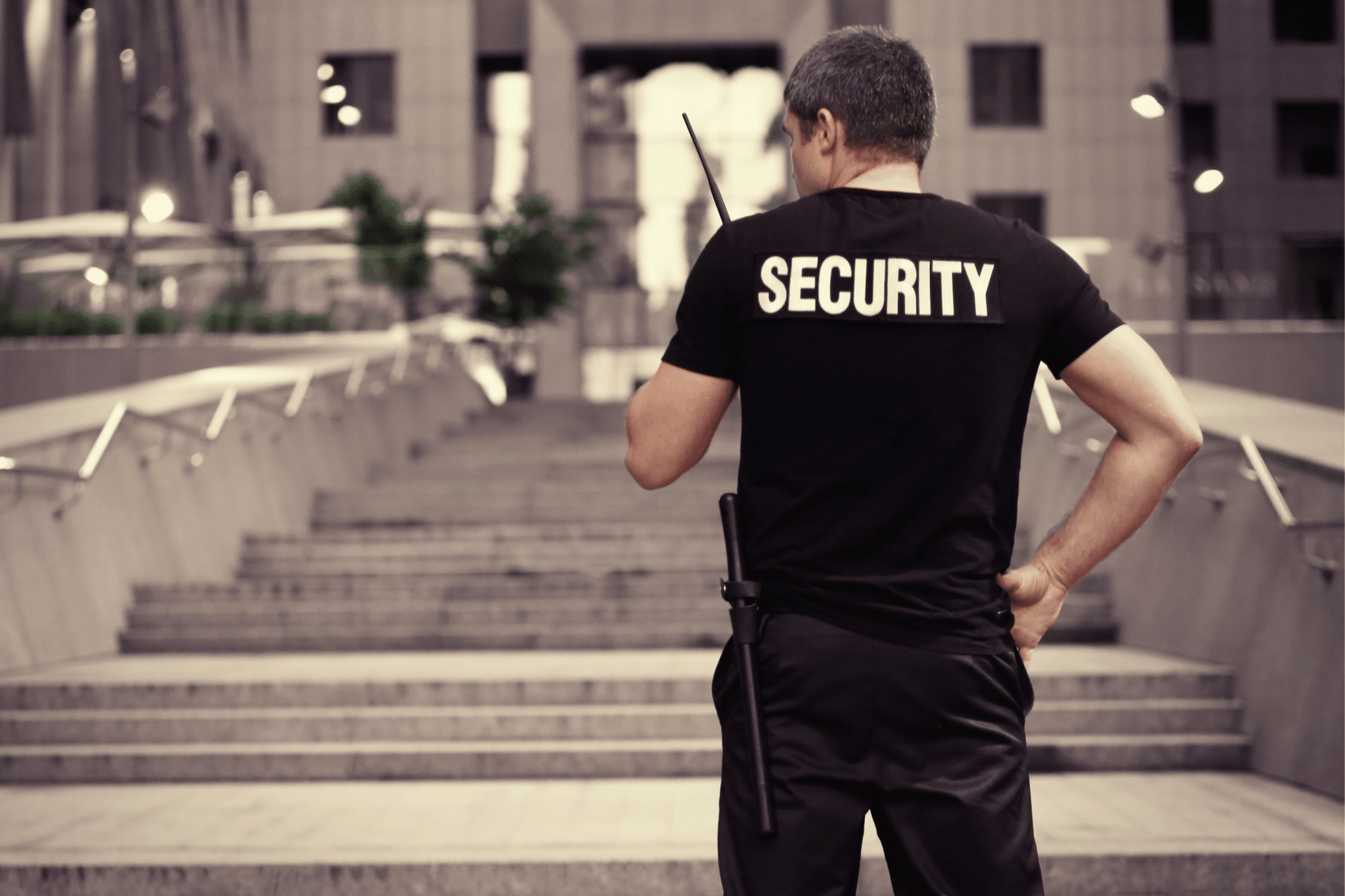Mistaken Identity: When You’re Not the Chicago Thief They’re Looking For
In the realm of criminal justice, mistaken identity is a persistent and troubling issue. One of the most distressing scenarios is when an individual finds themselves falsely accused of theft, grappling with the repercussions of a crime they didn’t commit.
Such cases often underscore the critical importance of establishing an airtight alibi and presenting compelling evidence to assert innocence. Let’s delve into this complex issue, exploring real-life instances of mistaken identity in theft accusations and the imperative of constructing a robust defense with the aid of an experienced criminal defense lawyer.
Establishing an Airtight Alibi
In bustling urban centers like Chicago, where bustling crowds and frenetic activity are the norm, cases of mistaken identity can easily arise. Consider the harrowing ordeal of John, a law-abiding citizen who was erroneously identified as the perpetrator in a high-profile theft case. Despite his protestations of innocence, John found himself ensnared in a legal quagmire, his reputation tarnished and his future uncertain.
John’s predicament underscores a fundamental truth: in the face of theft accusations, establishing a credible alibi is paramount. A meticulously documented timeline of one’s whereabouts can serve as a potent shield against wrongful conviction. From surveillance footage to witness testimonies, corroborating evidence plays a pivotal role in dismantling the prosecution’s case and vindicating the accused.
The Role of Defense Attorneys
However, the road to exoneration is fraught with obstacles, and navigating the legal labyrinth requires deft maneuvering. This is where the expertise of a seasoned criminal defense lawyer becomes indispensable. With their adept understanding of legal nuances and strategic acumen, defense attorneys serve as staunch advocates for the wrongly accused, tirelessly championing their cause in the pursuit of justice.
Consider the landmark case of Sarah, whose life was upended when she was unjustly implicated in a series of thefts sweeping through her neighborhood. Faced with mounting pressure from law enforcement, Sarah turned to a skilled defense attorney who meticulously scrutinized the evidence against her. Through tireless investigation and adept legal maneuvering, the attorney uncovered glaring inconsistencies in the prosecution’s case, ultimately securing Sarah’s acquittal and restoring her faith in the legal system.
Sarah’s ordeal serves as a poignant reminder of the pivotal role that a robust defense plays in safeguarding the rights of the accused. Beyond merely poking holes in the prosecution’s case, a skilled defense attorney serves as a beacon of hope, offering solace to those unjustly ensnared in the clutches of the law.
Challenges of Eyewitness Testimony
Moreover, the specter of mistaken identity underscores the inherent fallibility of eyewitness testimony—a cornerstone of many criminal prosecutions. Research has consistently shown that human memory is susceptible to distortion and manipulation, rendering eyewitness identifications inherently unreliable. In light of these sobering truths, it becomes imperative for defense attorneys to meticulously scrutinize eyewitness accounts, exposing potential biases and inaccuracies that could undermine the credibility of the prosecution’s case.
The Role of Forensic Evidence
In the digital age, advancements in forensic technology have revolutionized the landscape of criminal justice, offering a powerful arsenal of tools to discern truth from fiction. From DNA analysis to digital surveillance, forensic evidence can often serve as an irrefutable arbiter of innocence, exonerating the wrongly accused and holding the true perpetrators to account.
Yet, for all its promise, forensic evidence is not infallible, and its interpretation requires a nuanced understanding of scientific principles. This is where the expertise of forensic experts, enlisted by defense attorneys, proves invaluable, providing critical insights that can tip the scales of justice in favor of the accused.

Defending Against Wrongful Theft Accusations In Chicago
Mistaken identity poses a formidable challenge to the principles of justice, threatening to ensnare the innocent in the web of suspicion and accusation. Yet, through the diligent efforts of skilled defense attorneys and the judicious application of evidence, the truth can prevail, vindicating the wrongly accused and reaffirming faith in the integrity of our legal system.
As we confront the specter of mistaken identity, let us remain steadfast in our commitment to upholding the rights of the accused, ensuring that justice is served without prejudice or discrimination.
About the Author:
Andrew M. Weisberg is a former felony prosecutor who now serves as a defense attorney in the greater Chicago area. He has extensive experience handling all types of criminal cases, from sex offenses and domestic violence to retail theft-related crimes, murder, and drug crimes. His work has been recognized by Avvo, Expertise, National Trial Lawyers, and others, and he has been featured on countless news outlets for his experience and knowledge in criminal law.







 Blog Home
Blog Home 










